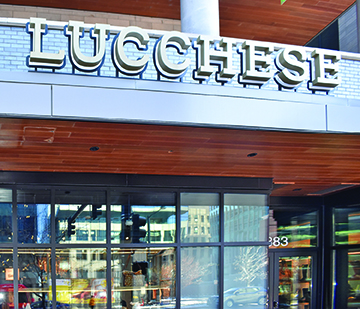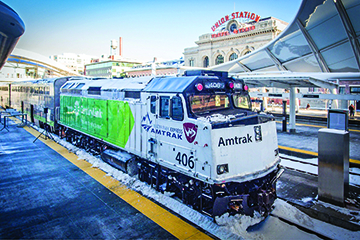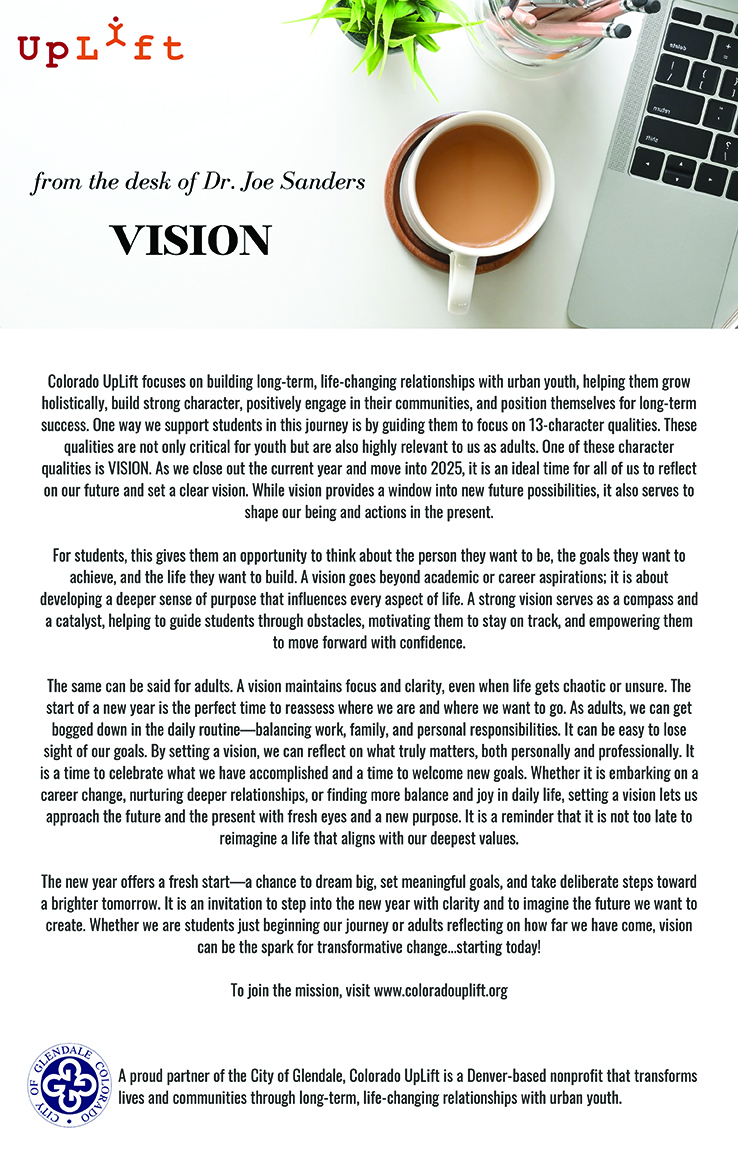
Lucchese Boots: Meticulously Handmade To Make Some Of The Most Stylish And Comfortable Boots On The Market
by Mark Smiley
The National Western Stock Show ran through January 26, 2025. It attracted thousands of visitors from across the U.S. and around the world, many of which were boot wearing enthusiasts. One bootmaker to consider when in the market for a new pair of boots is Lucchese.
Lucchese boots, founded in 1883, is a well-known brand of high-quality, handcrafted cowboy boots. Lucchese, which was founded in Texas, has built a reputation for producing durable, stylish, and comfortable boots made from premium materials such as leather and exotic skins.
Many of those boots are made in the United States while some are made overseas to compete in this competitive market. The boots are known for their attention to detail with many options available in store or online from traditional to modern styles.
Lucchese is also the official cowboy boot of the Dallas Cowboy Cheerleaders as well as the preferred boot of such celebrities as Chris Stapleton, who has his own Lucchese collection, and former stars such as Johnny Cash and John Wayne.
Italian immigrants Salvatore and Joseph Lucchese first began making cowboy boots in Fort Sam Houston, a United States Cavalry School in San Antonio. Today, Lucchese has locations in Texas, Montana, Oklahoma, New Mexico, Tennessee, and Colorado. From start to finish, every pair of Lucchese’s boots are made by hand. The pair of Tanner boots we reviewed were handmade in Texas.
The Tanner is a roper style boot handcrafted from weathered Mad Dog goat leather. The materials used for Lucchese boots include the aforementioned goat leather, suede, ostrich, and more, all having unique fit, comfort, and style. Lucchese also uses a Goodyear welt construction, which contributes to making waterproof boots. These Tanner roper style boots are one of the most comfortable pair of boots we have ever reviewed. They were soft and comfortable right out of the box and walking out of the store.
This brand has a loyal following and with one store conveniently located in Denver, there is no reason not to stop to see the collection. One customer of Lucchese on Yelp declared: “The staff are knowledgeable (who knew my Lucchese boot size is much different from my “regular” shoe size), super friendly, not pushy, and just all-around good people.”
The meticulous crafting of each pair of boots is how Lucchese strives for perfection because they believe perfection can only come from paying attention to the finer details. The Tanner boot is one that can certainly be worn outdoors with a nice pair of jeans but they also dress up nicely and can be worn with a suit for a stylish look. They come in four colors: black, chocolate, peanut brittle, and tan.
If you would like to own a pair of classic boots that have been around for over 140 years and will last a lifetime, Lucchese is a stellar pick. They are comfortable, waterproof, and look sharp when wearing around town. As an added bonus, they have an optional add-on if purchased in Colorado. They can have a material on the bottom to help prevent sliding on the icy sidewalks.
Lucchese in Denver is located at 1883 16th Street. The address coincides with the year the company was founded. Other locations in Colorado include Steamboat Springs and Telluride. Visit www.lucchese.com for more information.






